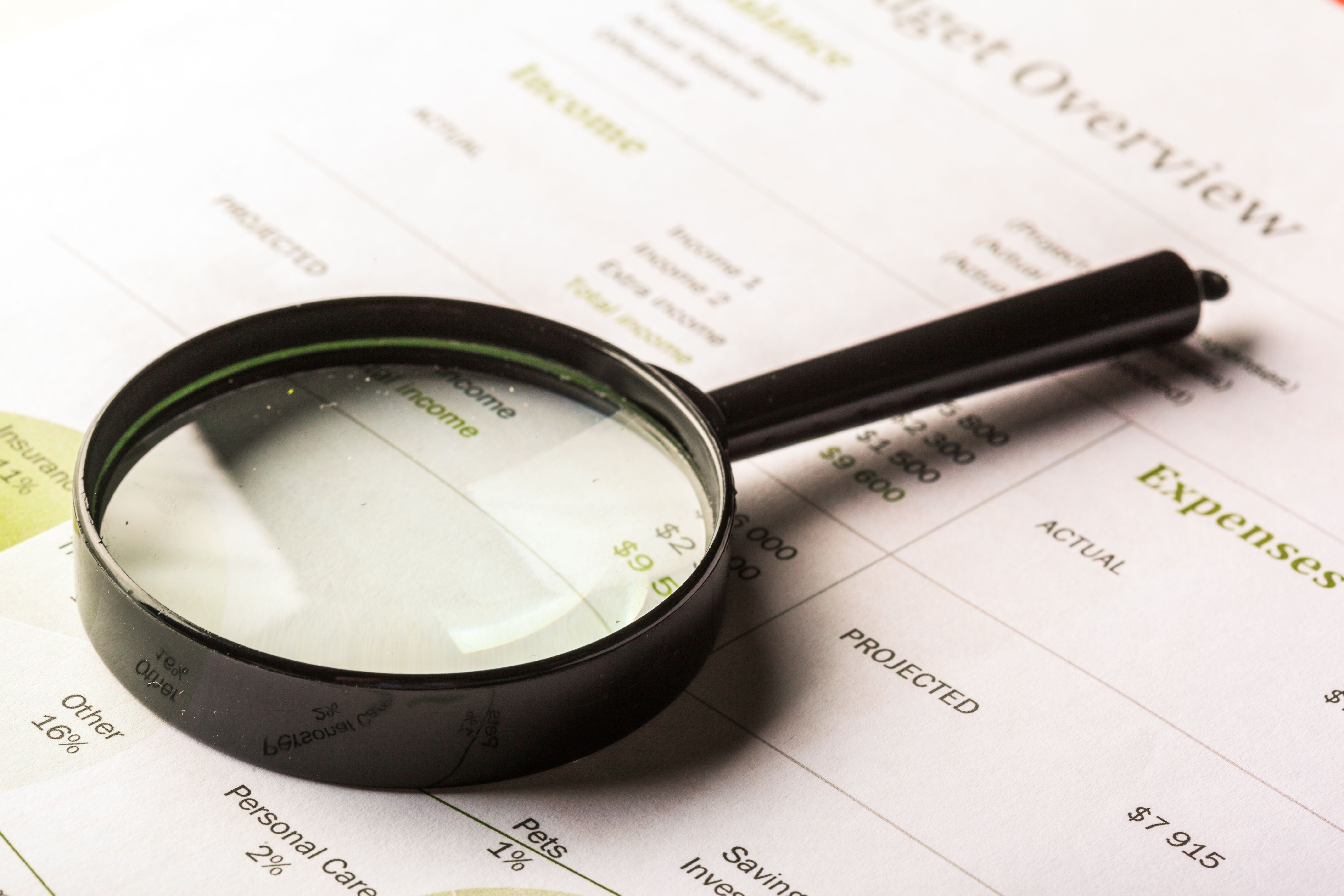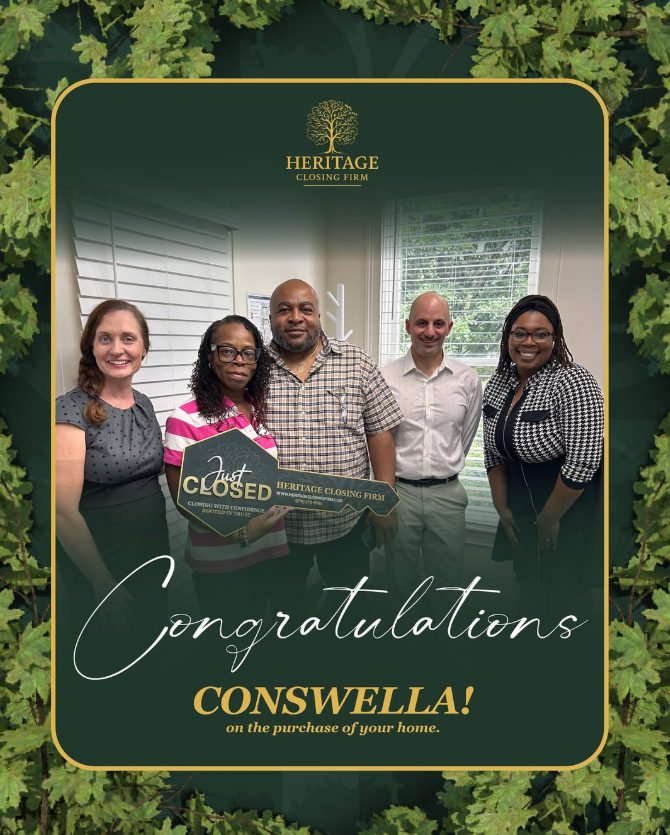Buying or selling a home is one of the most significant transactions you’ll ever make, and in Georgia, the closing process is where all the pieces come together. At Heritage Closing Firm, we believe that understanding each step not only reduces stress but also ensures you walk away from the closing table feeling confident and informed.
Understanding the Georgia Real Estate Closing Process
You may be asking yourself, "what to expect at a real estate closing?" We're here to give you that answer. Buying or selling a home is one of the most significant transactions you’ll ever make, and in Georgia, the closing process is where all the pieces come together. At Heritage Closing Firm, we believe that understanding each step not only reduces stress but also ensures you walk away from the closing table feeling confident and informed.
Here’s a step-by-step look at what you can expect during a real estate closing in Georgia.
What You Shouldn’t Do Before Closing
Before we can go into what we should do, and the process that follows we need to understand what NOT to do. While the weeks leading up to closing are exciting, certain actions can unintentionally jeopardize your transaction—especially if you’re using a mortgage to finance your purchase. Here’s what to avoid:
1. Don’t Make Large Purchases Avoid buying a new car, expensive furniture, or large appliances before closing. Big purchases can change your debt-to-income ratio and impact your loan approval.
2. Don’t Change Jobs or Income Sources Lenders verify your employment and income multiple times before closing. A job change, even to a higher-paying role, can delay or derail the process.
3. Don’t Open or Close Credit Accounts Opening new credit cards, taking out personal loans, or even closing unused accounts can affect your credit score and lending terms.
4. Don’t Miss Any Bill Payments A late payment on a credit card, utility bill, or other account can hurt your credit profile right before closing.
5. Don’t Make Unexplained Large Bank Deposits Lenders track your bank activity to verify funds. Large, unexplained deposits can raise questions and require additional documentation, potentially slowing down closing.
6. Don’t Skip the Final Walkthrough This is your last chance to confirm that the property’s condition matches what was agreed upon in the contract, don’t pass it up.
.jpg)
The Contract Is Signed
Now that we understand what not to do we can ask "what is the process of closing?" The closing process begins once the purchase agreement is signed by both buyer and seller. This legally binding contract outlines the sales price, closing date, contingencies, and any agreed-upon repairs or credits. From this point forward, timelines and deadlines in the contract are critical.
Earnest Money Is Deposited
The buyer typically submits an earnest money deposit, a show of good faith that they are committed to the purchase. This is usually held in escrow by the closing attorney or a real estate brokerage until closing.
Title Search & Examination
One of the most important steps in the closing process is the title search. In Georgia, a licensed real estate attorney conducts a thorough review of the property’s history to ensure:
If problems are found, the attorney works to resolve them before closing.

Title Insurance Is Issued
Once the title is clear, title insurance is offered to protect the buyer (and lender, if applicable) from future claims against the property. Owner’s title insurance is optional but highly recommended—it’s a one-time cost that provides long-term peace of mind.
Loan Processing & Underwriting (if applicable)
For buyers using financing, the lender will process the loan application, verify income and assets, and order an appraisal to ensure the property’s value matches the loan amount. Once underwriting is complete, the lender issues a “clear to close.”
Preparing Closing Documents
The closing attorney prepares all required legal documents, including:
The Closing Day
On the day of closing, all parties—buyer, seller, agents, and the closing attorney—meet to finalize the transaction. The attorney will:
Funds are typically disbursed the same day or the next business day once the deed is recorded.
After Closing
Once the closing is complete, the buyer receives the keys to the property. The attorney ensures all documents are properly filed with the county, and the buyer receives a copy of the recorded deed.
Congratulations! It's your turn to hold the closing sign!

Why Georgia Requires an Attorney at Closing
Unlike many other states, Georgia law mandates that a licensed attorney conduct real estate closings. This ensures that the legal transfer of property is handled properly, that your rights are protected, and that all state-specific requirements are met.
Final Thoughts
The real estate closing process in Georgia is designed to protect both buyer and seller. With an experienced closing attorney guiding you from contract to keys, you can rest assured that every legal detail is handled with precision and care.
If you’re buying or selling property in Georgia, Heritage Closing Firm is here to make your closing experience efficient, seamless, and secure.
Reach out today!
(678) 218-6580
info @ heritageclosingfirm.com

